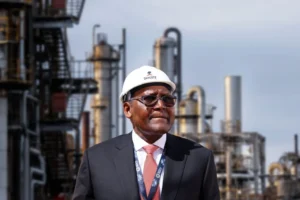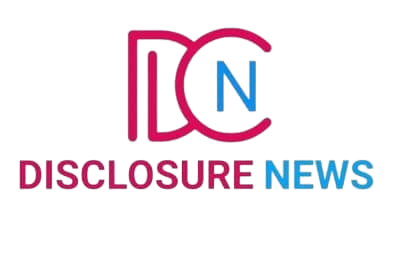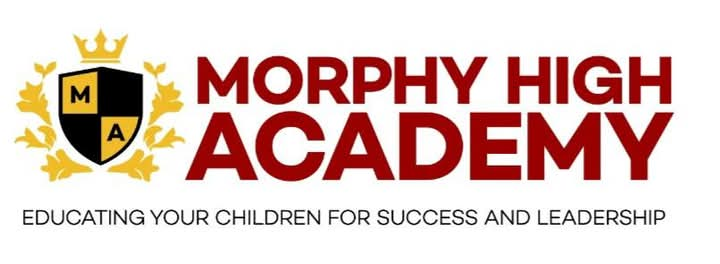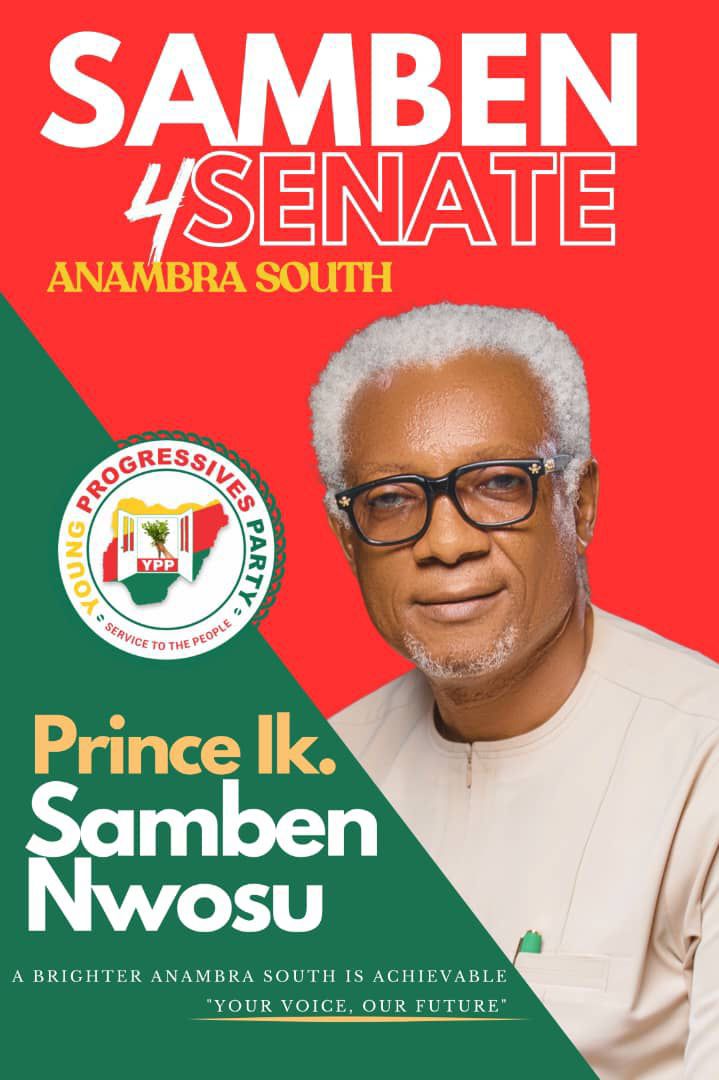
The Dangote Refinery has officially disclosed its petrol pricing, setting the rate at N960 per litre for ship deliveries and N990 per litre for truck deliveries.
Anthony Chiejina, spokesperson for the refinery, confirmed the pricing on Sunday, following recent tensions between Dangote and fuel marketers. The marketers alleged that imported petrol was being offered at a lower price compared to the refinery’s production.
In response, Chiejina explained that the 650,000 barrel-per-day (bpd) refinery’s pricing structure reflects adjustments following the deregulation introduced by the Nigerian National Petroleum Corporation (NNPC).
He pointed out that while the NNPC set its ship-based sales price at N971 and truck-based sales price at N990, Dangote Refinery chose to set its ship sales at N960 per litre while maintaining N990 per litre for truck distribution.
“We had lately refrained from engaging in media fights, but we are constrained to respond to the recent misinformation being circulated by IPMAN, PETROAN, and other associations,” Chiejina said. “Both organisations claim that they can import PMS at lower prices than what is being sold by the Dangote Refinery. We benchmark our prices against international prices, and we believe our prices are competitive relative to the price of imports.
“Post deregulation, NNPC set the pace by selling PMS to domestic marketers at N971 per litre for sale into ships and at N990 for sale into trucks. This set the benchmark for our pricing, and we have even gone lower to sell at N960 per litre for sale into ships while maintaining N990 per litre for sale into trucks.
“In good faith, and in the interest of the country, we commenced sales at these prices without clarity on the exchange rate that we will use to pay for the crude purchased,” the statement read.
The refinery further emphasized that its pricing aligns with international standards, and suggested that cheaper imported petrol may be substandard.
Chiejina highlighted that Nigeria’s regulatory body, the Nigerian Midstream and Downstream Petroleum Regulatory Authority (NMDPRA), lacks the laboratory facilities necessary to thoroughly assess the quality of imported petrol.
He also criticized sellers of lower-quality fuel, stating they show disregard for consumers’ vehicles and machinery and fail to prioritize public welfare.
“If anyone claims they can land PMS at a price cheaper than what we are selling, then they are importing substandard products and conniving with international traders to dump low-quality products into the country, without concern for the health of Nigerians or the longevity of their vehicles.
“Unfortunately, the regulator (NMDPRA) does not even have laboratory facilities that can be used to detect substandard products when imported into the country.
“We should point out that it is not unusual for countries to protect their domestic industries in order to provide jobs and grow the economy. For example, the US and Europe have had to impose high tariffs on EVs and microchips in order to protect their domestic industries,” Chiejina added.





